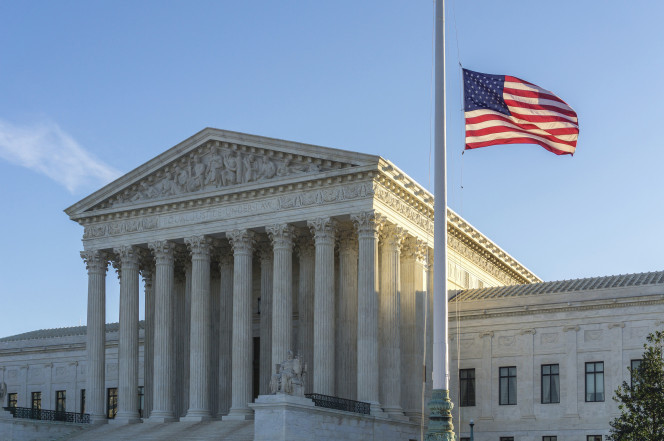The Supreme Court’s denial leaves standing the Fourth Circuit’s 10-5 ruling that upheld Maryland’s ban on AR-15s, AK-47s, and similar semiautomatic weapons. The court argued such rifles “fall outside the ambit” of Second Amendment protections and align with a historical tradition of restricting weapons deemed “excessively dangerous.”
But Justice Thomas issued a searing solo dissent, calling the decision “surprising” and charging that the appellate court imposed an unjustified burden on challengers. He emphasized that AR-15s, based on their wide civilian use and classification as “arms,” deserve presumptive constitutional protection.
“The Fourth Circuit inverted the burden,” Thomas wrote, “and treated the Second Amendment like a second-class right. We would not allow this for any other constitutional liberty.”
From Heller to Bruen: Legal History in the Crosshairs
The Maryland case was spearheaded by David Snope and three pro-Second Amendment groups, who argued that the Fourth Circuit’s decision undermines the Supreme Court’s own precedents in District of Columbia v. Heller (2008) and New York State Rifle & Pistol Association v. Bruen (2022).
They contend that AR-15s, while initially designed for military use, were commercially adapted for lawful civilian purposes, distinguishing them from true military-grade weapons. The plaintiffs claim Maryland’s ban turns a commonly used firearm into a constitutionally unprotected item, contradicting Heller‘s holding that the Second Amendment secures firearms in “common use” for lawful purposes.
Maryland Attorney General Anthony G. Brown countered that the case is premature and lacks a circuit split, a traditional prerequisite for Supreme Court review. Brown argued the Fourth Circuit followed historical precedent and that Maryland’s ban fits within a strong tradition of regulating weapons posing significant public danger.



